This post may include affiliate links.
If you make a purchase, I'll earn a small fee at no extra cost to you.
Making compost is easy, and a great way to convert kitchen and garden waste into nourishing soil. However, there are some things you can’t compost–learn what they are and why you shouldn’t compost them.
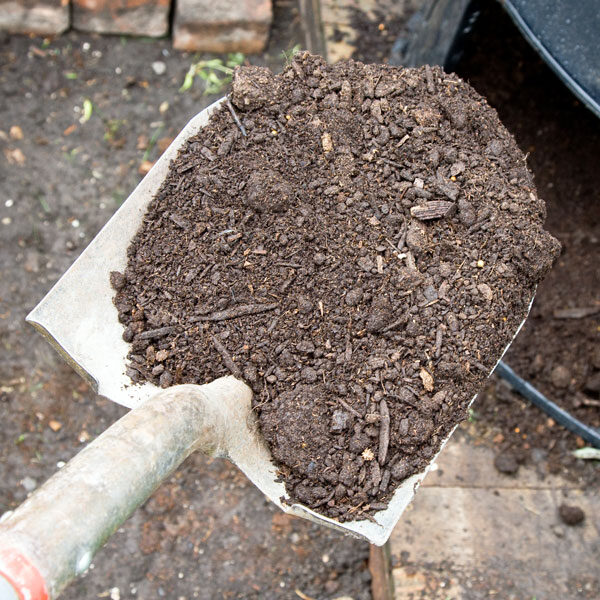
Compost is a rich, dark mixture of decayed organic matter that’s used to fertilize soil. Because it’s made with a variety of natural materials, it contains many nutrients and minerals that plants need to grow and thrive.
New to composting? Start here: How to Make Compost.
Most plants and plant-based products can be composted. You can even compost guinea pig poop, which is one of the 21 crazy items you can compost!
However, there are some items that you cannot add to your compost pile. Adding these could contaminate your compost, slow the composting process, or even kill the plants that touch the compost.
Let’s take a look at the things you can’t compost and why.
12 Things You Can’t Compost
Diseased plants
Don’t take a chance on infecting your entire garden. Diseased plants go straight to the garbage, never the compost pile.
Carnivore/omnivore droppings
Herbivore poop is great for your compost pile, because it adds nutrients and organic matter. However, you must not compost poop from any meat eaters (dogs, cats, people) because it could contain parasites and bacteria like e.Coli.
Do you have cats pooping in your garden? Here are some natural ways to keep cats out of your garden.
Chemical fertilizers
The heavy metals in chemical fertilizers will damage your natural, organic compost, and can leach through the soil into the water table. These fertilizers do more harm than good.
Meat scraps and animal fats
Yes, meat scraps and fats will decompose over time. However, the smell will certainly attract mice, cats, raccoons, and other critters who will then ransack your compost pile. You and your neighbors probably won’t like the smell either.
Cooking oil
Just as with animal fats, cooking oil will smell terrible to you (but delightful to pests). Also, the oils can slow or stop the composting process altogether.
Animal bones
These will not break down in the normal composting timeframe, and they will attract all kinds of critters who will dig through your compost pile.
Citrus peels
Citrus peels have natural acidity that could kill the worms and other microorganisms in your compost pile. Plus, they break down so slowly that it will delay the usability of your compost. A better use for citrus peels is to dry them or make citrus vinegar.
Fruit and vegetable labels
The little stickers on apples, oranges, etc are made of plastic and won’t break down in your compost bin.
Dairy products and eggs
While I can’t imagine anyone would dump spoiled milk into their compost, it is important to mention that no dairy items or eggs should be added to your compost pile. The terrible smell will certainly attract pests and rodents, and drive away humans at the same time.
Black walnuts
All parts of the black walnut tree contain a chemical called juglone, which can be toxic to other plants. If you’ve ever tried to garden under a black walnut tree, you know what I mean.
Glossy paper
While newspaper and regular printer paper will break down quickly, magazines, newspaper coupon inserts, and other glossy papers contain toxins that could contaminate your compost pile.
Sawdust from pressure-treated wood
If you’ve ever built something from pressure-treated wood, you know that it doesn’t decay because of the chemicals applied to it. This means the sawdust won’t break down in your compost pile, and the chemicals (chromium, copper, and arsenic) could leach into your compost, your garden, and ultimately your food. Yuck!

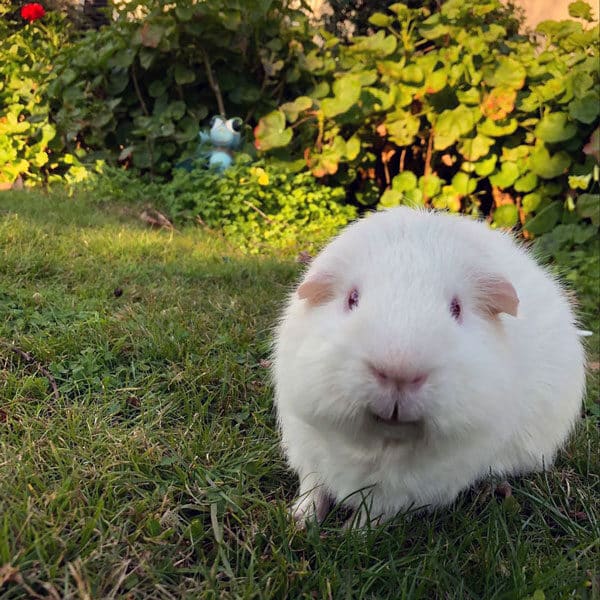
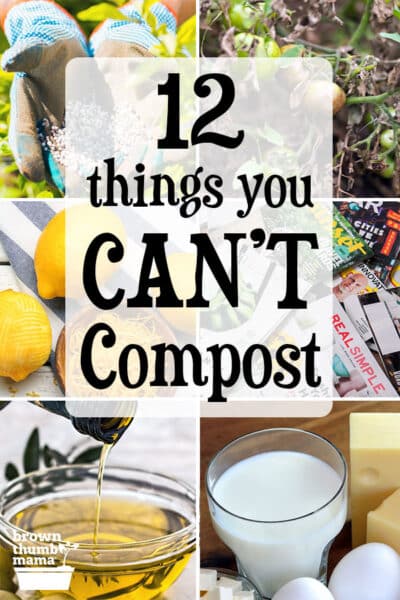
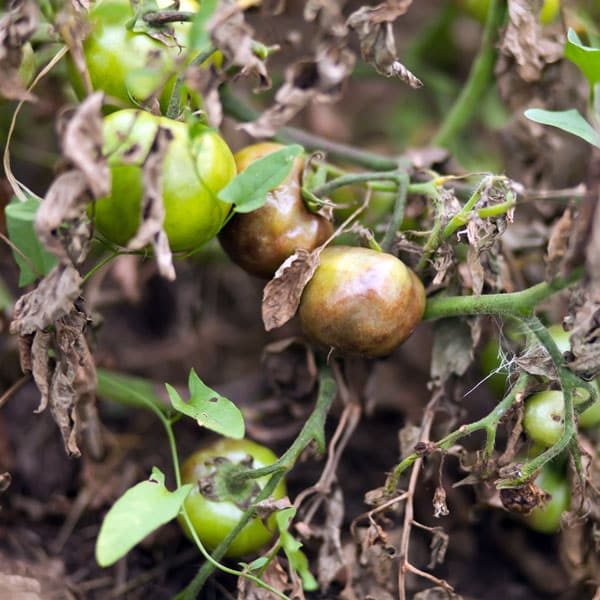
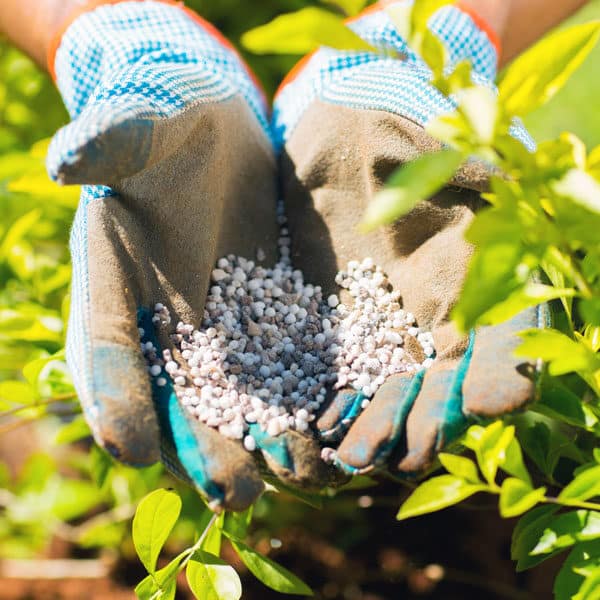
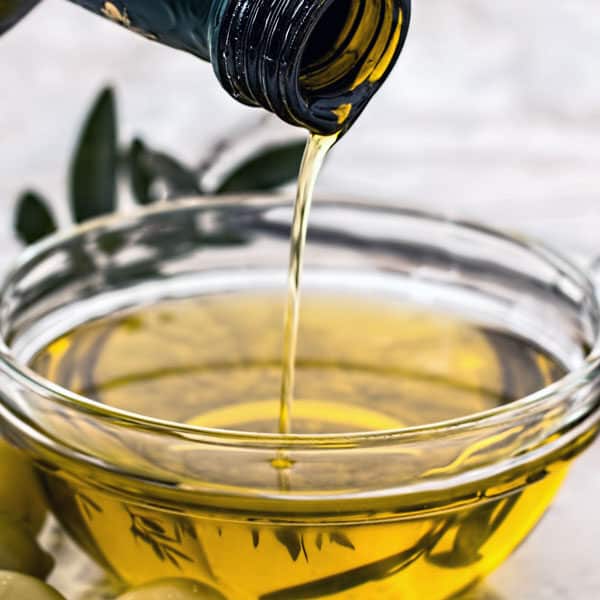
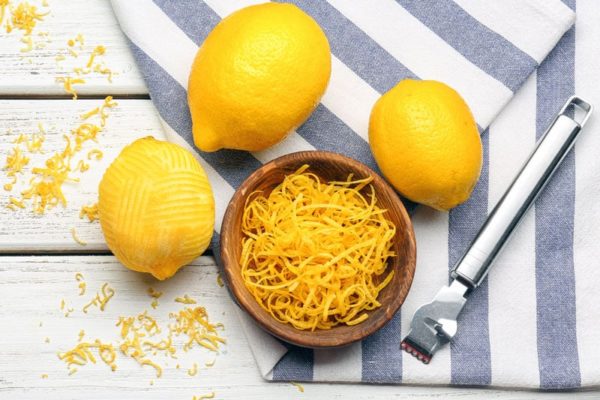
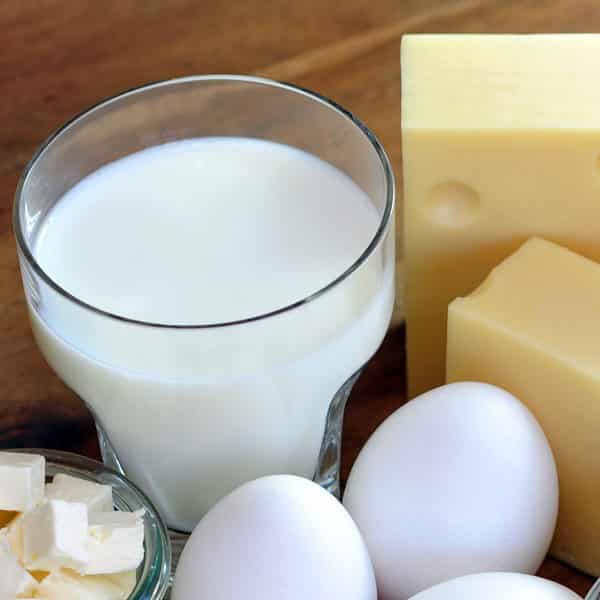
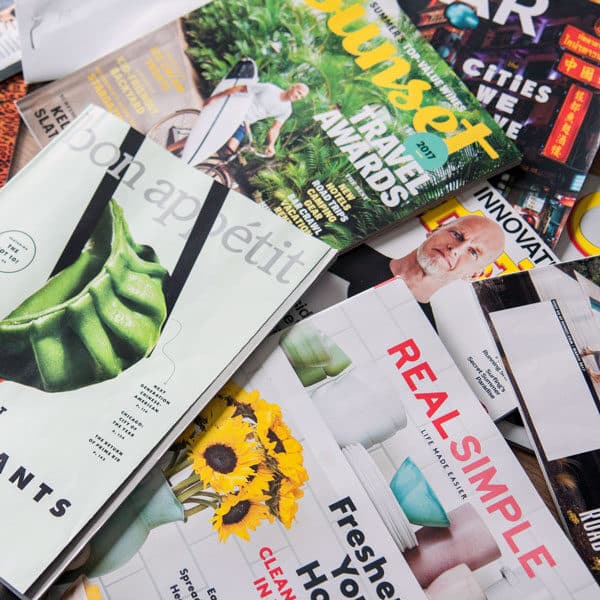
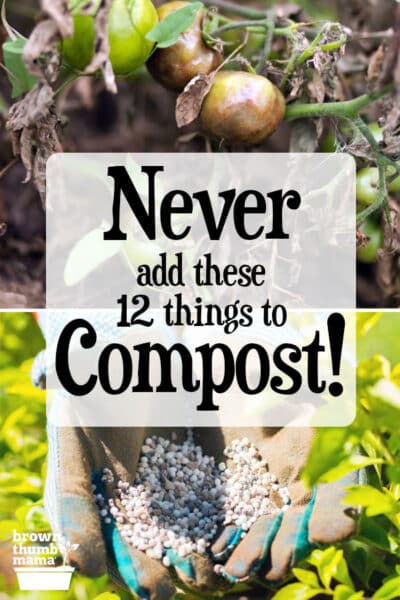

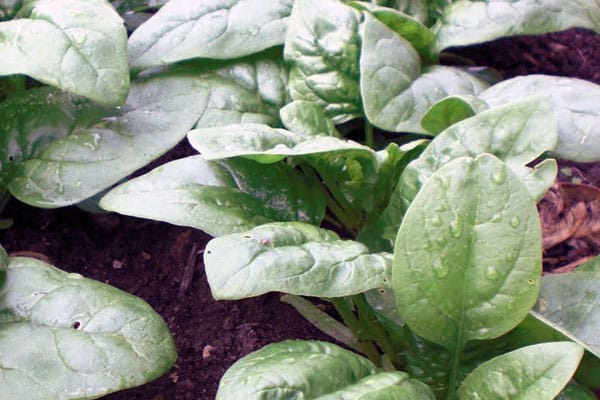
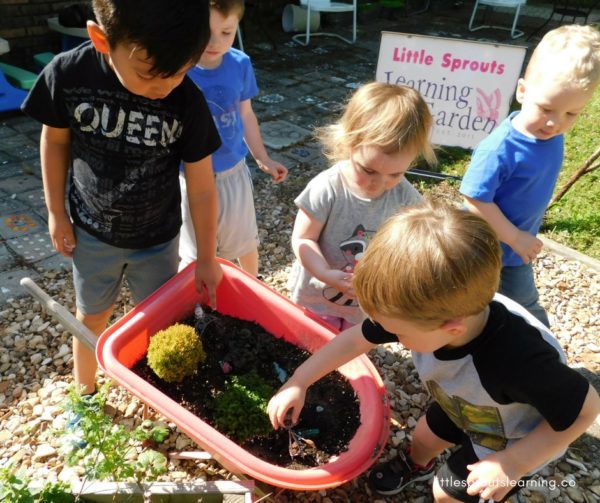
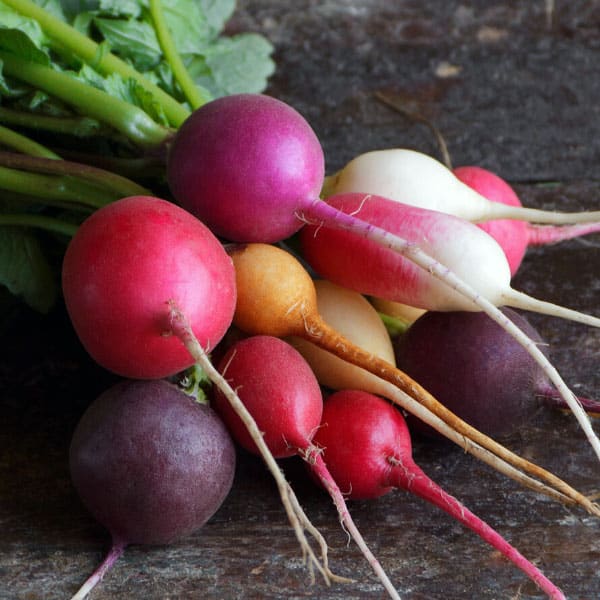
i thought egg shells were good for compost was I wrong
?